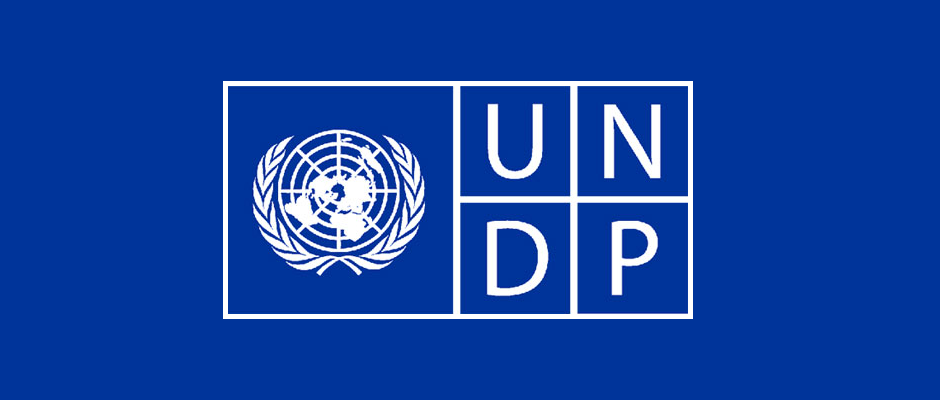
Among the triggers and demands of Ukraine’s 2013–2014 Euromaidan antigovernment protests were fundamental concerns that go to the heart of the country’s constitutional architecture. Yet, the two main dimensions of constitutional reform pursued since 2014—judicial reform and decentralization—remain incomplete, and the bigger issue of the separation of powers has all but disappeared from the political agenda. These questions are the linchpin of Ukraine’s democratic consolidation, economic reform trajectory, and long-term political stability. As the Ukrainian parliament is unlikely to find unity on these issues anytime soon, the European Union (EU) should refocus the discussion on the separation of powers and work toward decoupling the Minsk process to restore peace in war-torn eastern Ukraine from constitutional reforms.
What’s at Stake?
Ad hoc constitution making at the height of political crises or at the whim of Ukraine’s presidents has been a repeat feature of the country’s post-Soviet transition. Ukraine’s 1996 constitution and subsequent constitutional amendments were ambiguous with regard to the separation of powers they prescribed. These ambiguities underpinned power struggles between presidents and prime ministers, left loopholes for presidential attempts at extending their powers, and embedded the informal power of oligarchs. Ukraine’s constitutions have thus been an obstacle to political and economic reforms, fostered instability, and fed into cycles of pre-term elections and mass protest.
Read more at: http://carnegieeurope.eu/2016/04/12/constitution-making-in-ukraine-refocusing-debate/iwzg
Gwendolyn Sasse is a nonresident associate at Carnegie Europe. Her research focuses on Eastern Europe and the former Soviet Union, EU enlargement, and comparative democratization.


